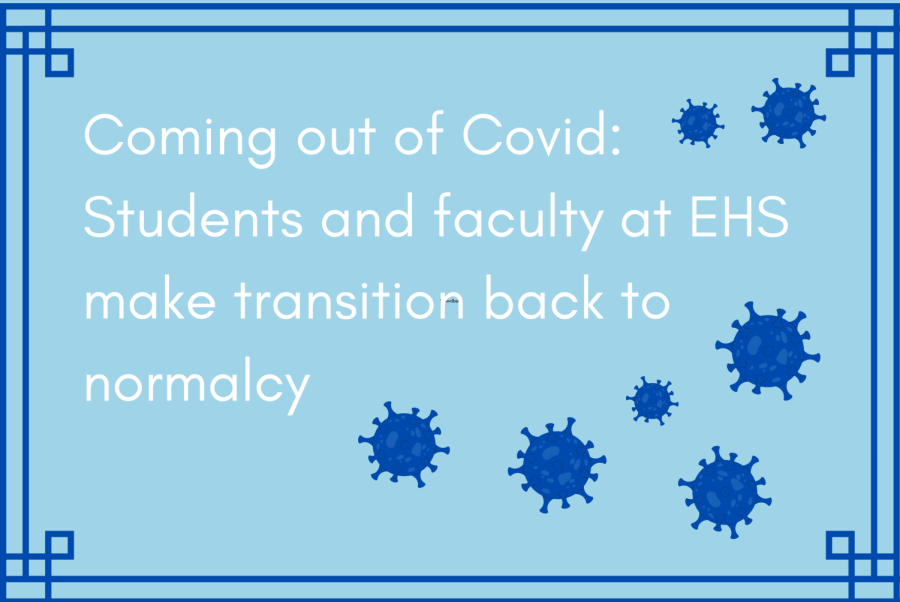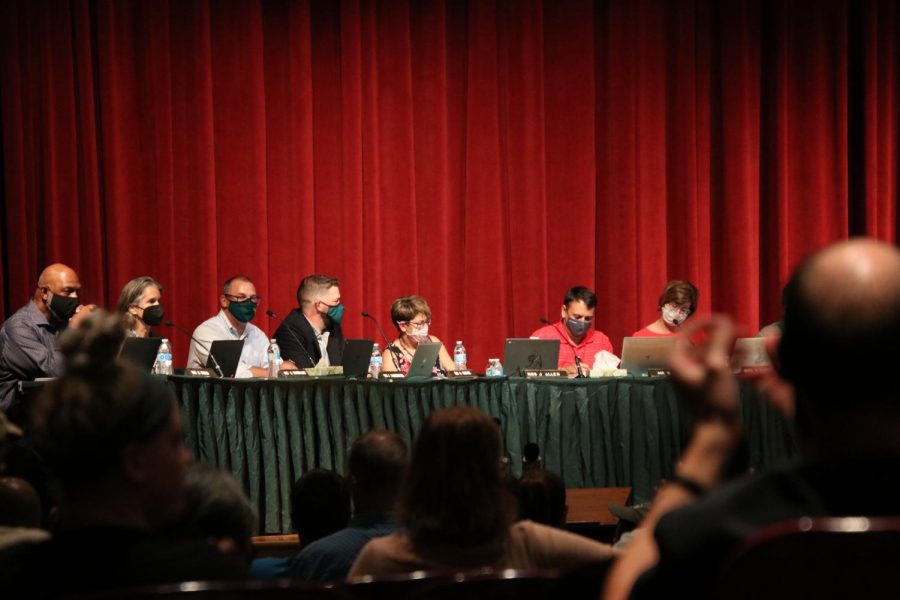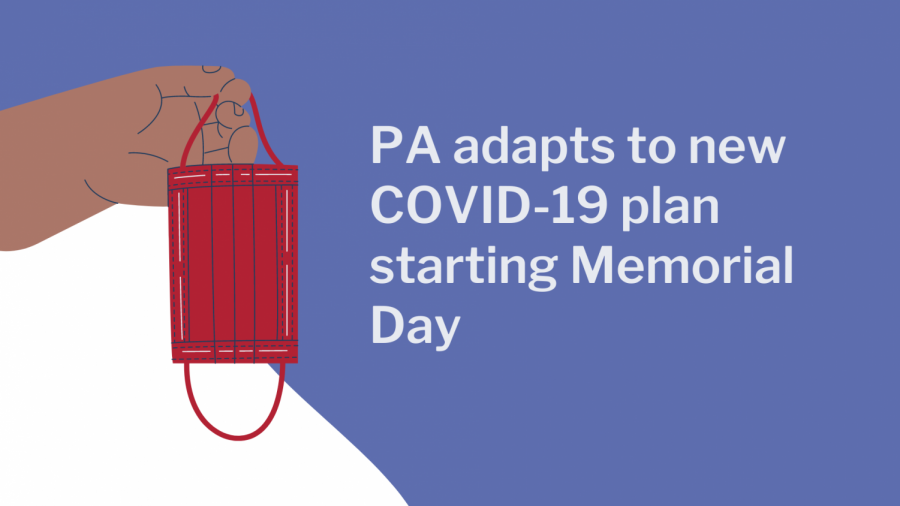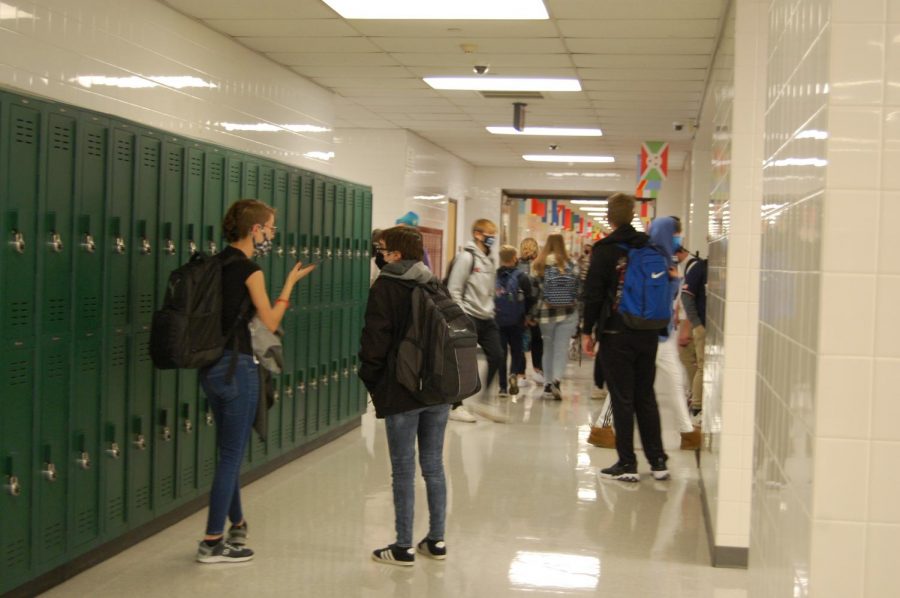This story ran in the November 2020 print issue of The Stinger.
With many aspects of life impacted by COVID-19, many avenues of business are left gravely affected by the lack of normalcy spread across the world.
Specifically, the music industry took a hard hit from the global pandemic. A large source of income for the business was nearly eradicated when concerts got cancelled. Many show promoters suspended their live performances earlier this year during the beginning of the outbreak, leaving artists such as Pearl Jam, Billie Eilish and The Rolling Stones with cancelled tour dates.
However, hope for live shows was boosted when Arkansas held a socially distanced concert on May 18. The Travis McCready performance at Temple Live in Fort Smith was held for 229 fans out of the venue’s original 1,100-seat limit, according to Vulture. Although the show may have been a win for the fans in attendance, the president of the venue’s parent company said they lost money by holding the event.
Similarly, the UK conducted the first ever socially distanced concert on Aug. 11. The Sam Fender show was held at a new venue by the name of the Virgin Money Unity Arena, which resides in Gosforth Park, Newcastle. According to Vulture, Fender played for some 2,500 attendees seated at one of 500 metal distanced viewing platforms. The gig seemed to be a success, with Van Morrison landing a show prior to the venue shutting down due to lockdown procedures/measures in late September. Although it served as an adequate replacement, perhaps the distanced events aren’t the most surefire substitute.
In addition to staggered gigs, several places have announced drive-in performances as a way to combat the loss of close quarters concert going. “Concerts In Your Car” was started in order to provide live entertainment for fans in Ventura, San Diego and Arizona. Artists who have played a set for the series include Third Eye Blind and Snoop Dogg. Aside from Concerts In Your Car, multiple other drive-in shows popped up such as the Diamond Drive-In in Richmond, VA and the Encore Drive-In Nights across North America. With many acts and locations dedicated to carpool concerts, this is conceivably the new norm until further notice. Luckily, the industry will always have virtual performances as a crutch. Just take NPR’s Tiny Desk YouTube collection premiered from the artist’s home or a separate secluded location. Many musicians have come together to raise money for indie venues under the Save Our Stages fundraiser. The three-day virtual festival, which was held and broadcasted from Oct. 16-18, reportedly raised nearly $2 million. Performances from Foo Fighters, The Roots, Monica, Little Big Town, and many more all contributed to the festival.
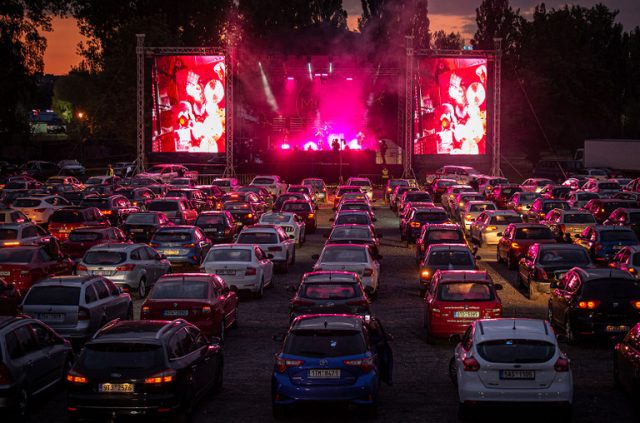
While touring is a huge aspect for a musician’s revenue, many creators had to delay albums they had planned prior to the pandemic. For example, rap artists Kendrick Lamar and protégé Baby Keem were both set to have projects released in 2020, according to an interview between the two for i-D magazine. The dates for the works are unknown, and possibly still up in the air for this year.
Similarly, Bon Jovi had planned for Bon Jovi: 2020 to drop on May 15, however, the record didn’t see the light of day until Oct. 2. It seems now artists are no longer postponing their albums due to the permanence of coronavirus until the foreseeable future. With that being said, major acts like Miley Cyrus, Shawn Mendes, Paul McCartney and AC/DC have projects coming before the end of year.
While more established musicians have still been impacted by coronavirus’ repercussions seeping into the music world, rising artists have also been hit hard. To tackle this obstacle, Spotify launched an initiative allowing listeners to tip artists in April. The service grants fans the chance to donate to emerging creatives via CashApp or PayPal. Likewise, rapper Offset raised money for economically challenged upcoming artists by holding a live experience accompanied by Atlanta newcomers Duke Deuce, YRN Murk and YRN Mango.
Despite the uncertainty of the future and the hardships presented to the music industry, there are many alternatives and support systems set up to help it. Whether it comes from artists or fans, the music world will continue to survive due to the love of the art–as well as money.


